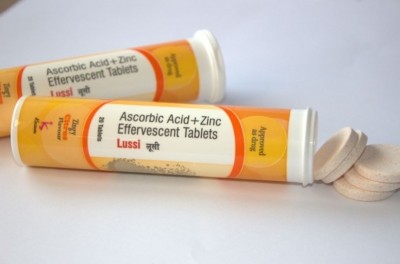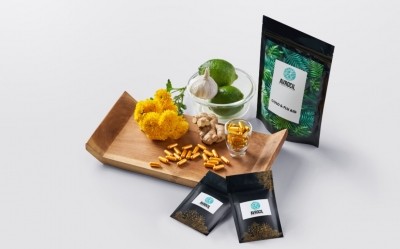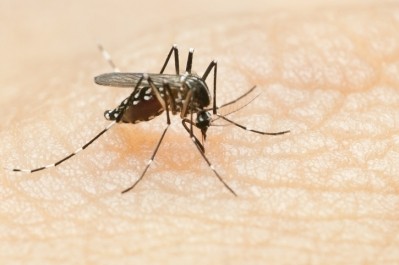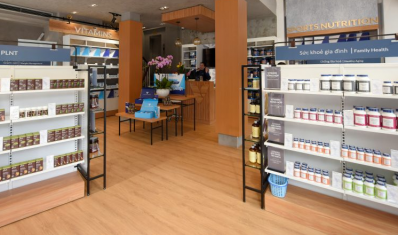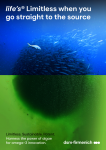Ashwagandha roots, leaf extract shown to stimulate immunity – 60-day trial
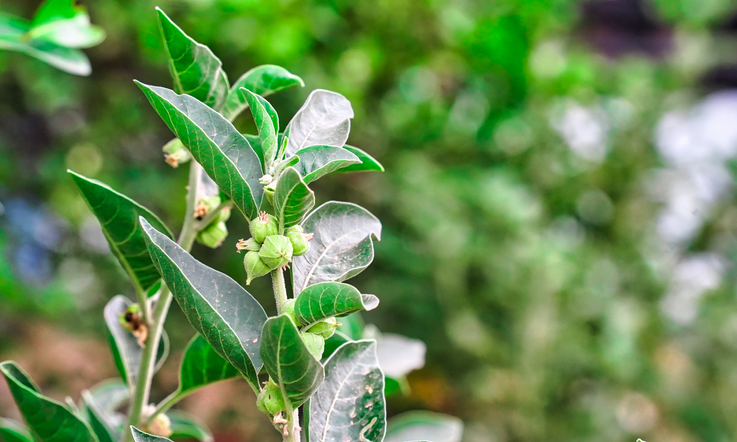
There was a significant increase in blood serum antibodies and cytokines levels in subjects who were on the supplementation as well.
The study was conducted by researchers from the Christian Medical College and PGH Hospital in India, as well as the University of Oklahoma College of Medicine, Tulsa University, and Texas Tech Health Science University from the US.
Writing in the Journal of Clinical Medicine, the researchers said that ashwagandha extract had significantly improved the immune profile of healthy subjects by modulating their innate and adaptive immune systems.
“The present study showed Withania somnifera (WS) root and leaf extract standardised for withanolide glycosides (withanoglycosides) can increase both immunoglobulins, as part of innate immunity, while increasing IFN-gamma and T-cells CD3+ and CD4+ in humans,” the researchers said.
They added that this study has shown that the supplementation of ashwagandha leaf and root extracts could increase immune cell activity.
“While many studies have been performed on the ashwagandha root, WS leaves, like the root, are abundant in withanolides, particularly withaferin A, a compound associated with potent immunomodulating and anti-inflammatory activity.
“Whole plant extracts of WS, including roots and leaves, increased immune cell (macrophage) activity, specifically lysosomal enzymes which function to detoxify and eliminate by-products of immune cells.
“Alcoholic extracts of WS whole plant have also been found to augment the phagocytic activity of macrophages, reduce immune hypersensitivity reactions, and stimulate the generation of T lymphocyte immune cell,” they said.
The study, which consisted of two stages, involved 24 healthy adults between 45 and 72 years old.
The first 30 days of the study was a double-blinded, placebo-controlled trial, where the subjects were randomised to take the placebo or a capsule containing 60mg of ashwagandha leaf and root extract, of which 21mg was the active compound withanolide glycosides.
In the next 30 days, the control group was switched to take the supplement, while those who were initially in the intervention group continued with the supplementation.
The test materials, including the ashwagandha leaf and root extract trademarked Shoden, were provided by ingredient supplier Arjuna Natural.
Blood samples of the subjects were collected at baseline, on the 30th day, and on the last day of the study for analysis.
First stage results
The intervention group reported significant increase in their level of antibodies and cytokines by day 30.
For antibodies, there was a marked increase in their immunoglobulin levels, including IgA, IgM, IgG, IgG2, IgG3 and IgG4.
For example, there was a 5.96 per cent increase in their IgA levels – from 170.06 ± 16.99 at baseline to 180.2 ± 18.28 on day 30.
As for cytokines, the serum level of IFN-γ, IL4 had went up. The same was seen in the lymphocytes (white blood cells) CD45+, CD3+, CD4+, CD8+, CD19+, NK cells levels.
The opposite was true for the placebo group, where the lymphocytes CD45+, CD3+, CD4+, and CD8+ levels have significantly dropped, while there was no change in CD19+ and CD16+/56+ levels.
Second stage results
Significant improvements were seen in the subjects who switched from the placebo group to the intervention group during the second stage of the study.
Firstly, their lymphocytes CD45+, CD3+, CD4+, CD8+, CD19+ and CD16+/56+ counts had increased.
For example, although their CD8+ levels had decreased 25 per cent from 604.37 ± 53.12 to 455.06 ± 24.24 during the first stage of the study, it went up 30 per cent to 594.18 ± 43.47 after they started on ashwagandha supplementation.
An increase was also observed in their cytokines IFN-γ and IL4 levels.
On the other hand, subjects who continued to take the supplement had a significant increase in their cytokine IL-4 levels, but no significant change in their IFN-γ levels.
“In our study, although the level of IFN-γ was increased in the WS group from baseline to day 30 and from day 30 to day 60, the increase was not so high as compared to the increase in the levels of IL4.
“This indicates that in the WS treated group, there was an initial polarisation of Th2 type of response (IL4) followed by Th1 type (IFN-γ).
“Thus, it can be inferred from these results that the WS intervention group had mounted an effective immune response of Th2 type (IL4). This increase in cytokine levels is also supported by an increase in the B-cells (CD19+),” the researchers explained.
There was also significant growth in these subjects’ lymphocytes CD45+, CD3+, CD4+, CD8+, CD19+ and CD16+/56+ counts as they continued to take the supplement.
Based on the mice studies, the researchers said that withanolide glycosides found in ashwagandha exert immunomodulatory actions by mobilising and activating macrophages and inducing proliferation of splenocytes – such as lymphocytes and natural killer cells derived from the spleen.
Source: Journal of Clinical Medicine
Immunomodulatory Effect of Withania somnifera (Ashwagandha) Extract—A Randomized, Double-Blind, Placebo Controlled Trial with an Open Label Extension on Healthy Participants
https://doi.org/10.3390/jcm10163644
Authors: Ajit Tharakan et al
